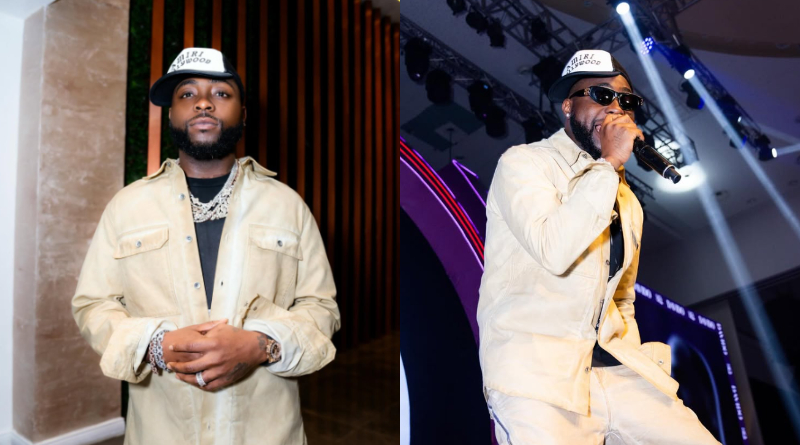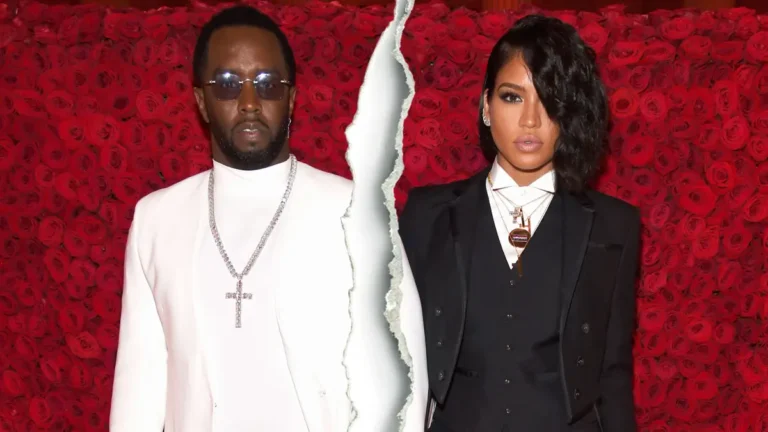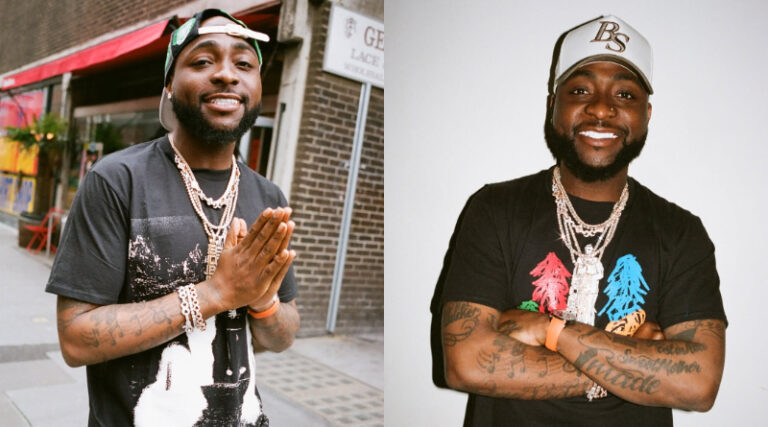Nigerian music superstar and Grammy-nominated artist David Adeleke, popularly known as Davido, has candidly revealed that his privileged background has made him the most criticised artist in Africa.
Speaking on a recent episode of the ‘Culture Knock Out’ podcast, the Afrobeat hitmaker opened up about the challenges he faced due to public perception of his family’s wealth.
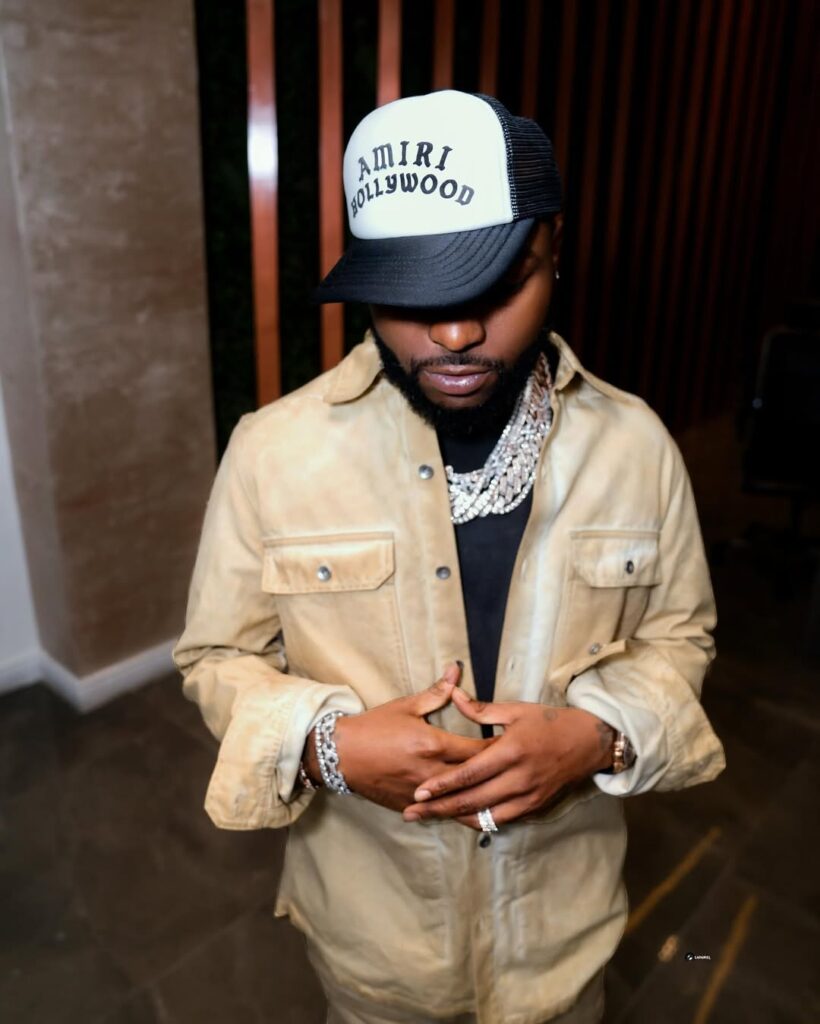
Davido, who is the son of Nigerian billionaire Adedeji Adeleke, said that his rise to fame came before the public became aware of his wealthy roots. This allowed him to build a solid fanbase with multiple hit songs before the “rich kid” label began to define public opinion about his career.
“I’m the biggest criticised artist in Nigeria,” Davido asserted during the interview.
“In the beginning, they didn’t know my dad was rich. It was too late, I already did three hit songs before they found out. So the stigma of a rich kid doing music didn’t affect me as much.”
The award-winning singer highlighted that despite the backlash, he remained determined to pursue his passion for music—even if it meant going against his family’s expectations or societal stereotypes. Davido said he would have gone to any length, including becoming homeless, to follow his dream.
“But I just wanted to do music. I didn’t care if I had to become homeless. At that point, that was all I wanted to do. Nothing would stop me.”
According to Davido, once people discovered his affluent background, the criticisms intensified. Many accused him of leveraging his father’s wealth to gain fame. Yet, he believes his consistent delivery of good music has been the real reason behind his staying power in the industry.
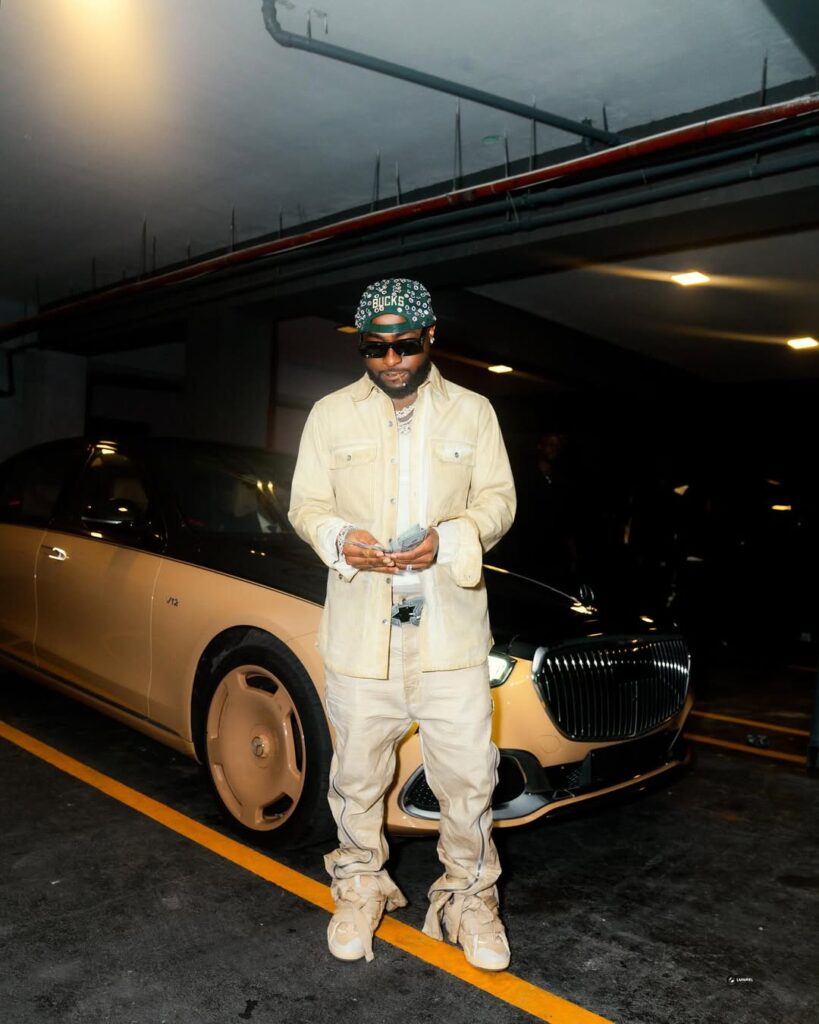
“Over time, people started hating me because my dad is rich. But I keep on dropping good music, and it keeps working out,” he said.
The ‘Timeless’ crooner also touched on a broader theme, noting that anyone who rises to prominence in any field is bound to face criticism, regardless of their background. He drew parallels between music stardom and politics.
“It happens to everyone. Once you become the biggest in anything, you will get criticised. You are doing an election, people love you and vote for you. But when you become president, they hate you.”
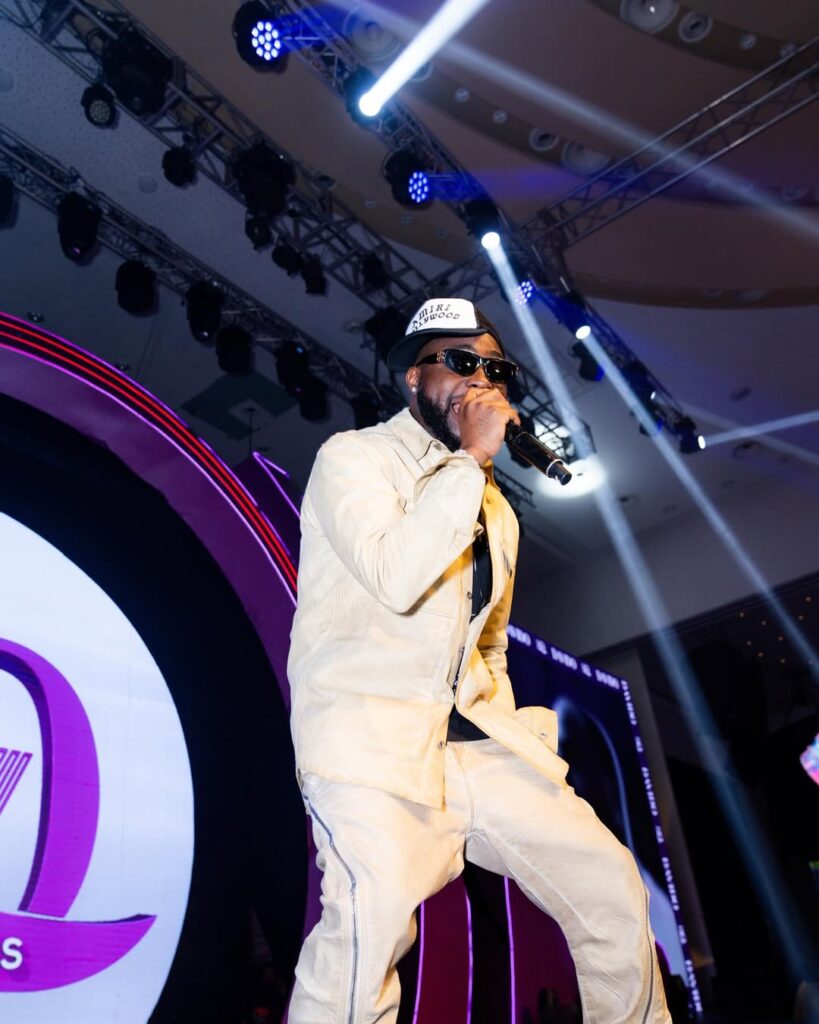
Davido’s resilience and transparency about his journey highlight the complex dynamics of fame, privilege, and public scrutiny in the African entertainment space. While his background may have shaped the narrative, his talent, hard work, and consistency have undoubtedly sustained his place as one of Africa’s most influential music icons.

